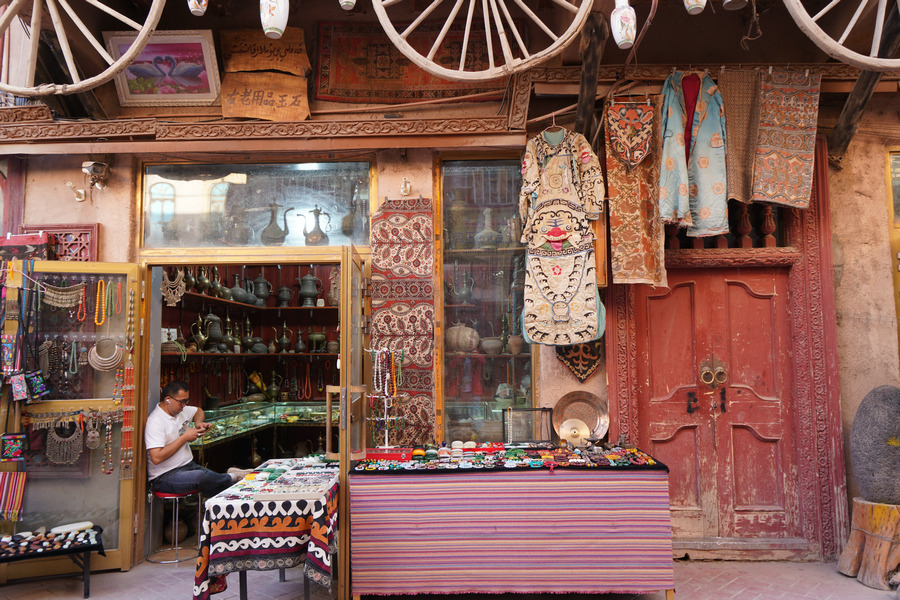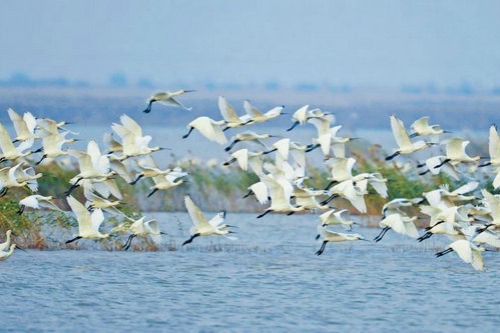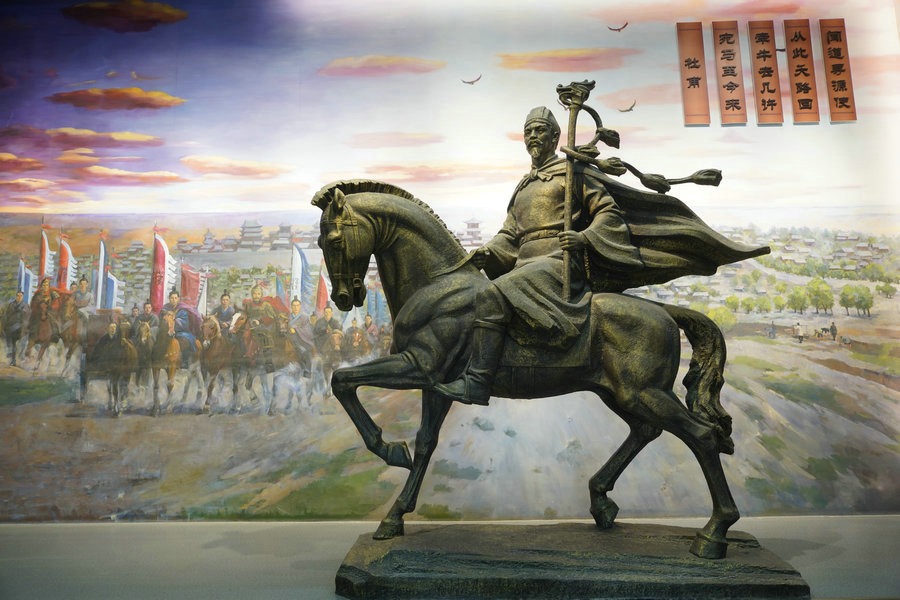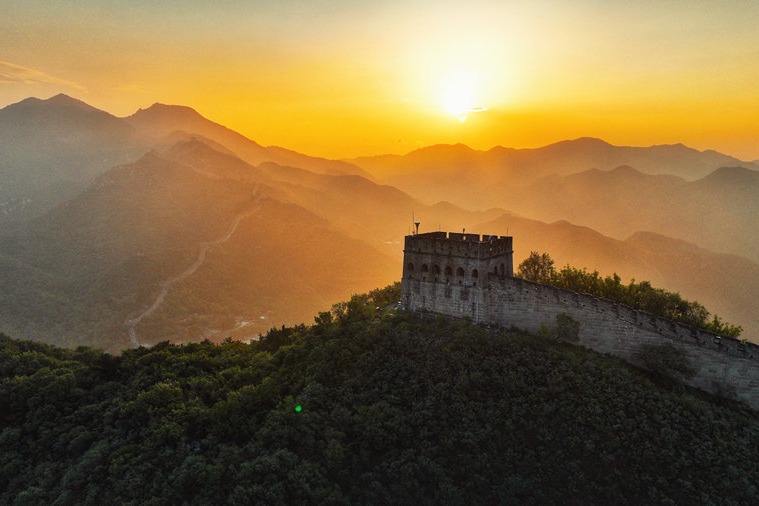Giving stories flow
A raft operator has earned acclaim by going beyond merely guiding passengers down the Jiuqu River to masterfully narrating the storied legacy of the Wuyi Mountains, Yang Feiyue reports in Wuyishan, Fujian.


Chen Jia's face was awash with a grin for all of the roughly 90-minute raft journey down the Jiuqu (Nine-bend) River that gurgles through a valley beneath the Wuyi Mountains in late December.
The air hung chilly in these highlands in Southeast China's Fujian province, but her smile remained warm, as she used a long bamboo pole to steer the raft while narrating to her five passengers.
Chen has navigated the river for more than two decades. She remained unruffled when the craft occasionally slapped out frothy sprays as it bounced and focused on telling her guests the stories behind attractions along the banks, especially rock formations that resemble humans, creatures or objects.
"That rock there resembles a shy turtle … while legend says those two separated peaks in the distance are a mortal and fairy who engaged in forbidden love and were turned into stone," she tells those onboard.
Chen also knows what lies beneath the surface of the river, which runs from 3 to 30 meters deep along the 9.5-kilometer route.
"The greener the water, the deeper it is," she explains.

The ride has long remained a highlight of tours in the Wuyi Mountains. Mount Wuyi was named a UNESCO World Heritage Site in 1999 for its cultural, scenic and biodiversity value.
Chen says about 9,000 visitors take the raft trips in the summer, when more than 20,000 visit the scenic area.
"Many guests have asked us to increase the raft tours, but we have to limit them to ensure the quality of their experiences," she says.
Her father was a raftsman who took her down the river when she was a child.
"In retrospect, I think he might have wanted to show me how beautiful our hometown is," Chen says.
These experiences with her father inspired her to enroll in the bamboo-raft tour guide program at a local mountain-tourism vocational school in 1999.
"It was difficult at first. My hands got blood blisters," she recalls of working after graduation.
"There was extra physical labor. We had to harvest, skin and fire bamboo to make the rafts. And we had to disassemble them every time we finished the route and transport them back to the starting point."
But she'd feel happy when passengers complimented her on the service.
She points out there weren't many women doing the job until about a decade ago, so she often received extra attention.
"We girls wore blue clothes with floral patterns, and foreigners especially enjoyed taking photos of — and with — us," Chen says.

































